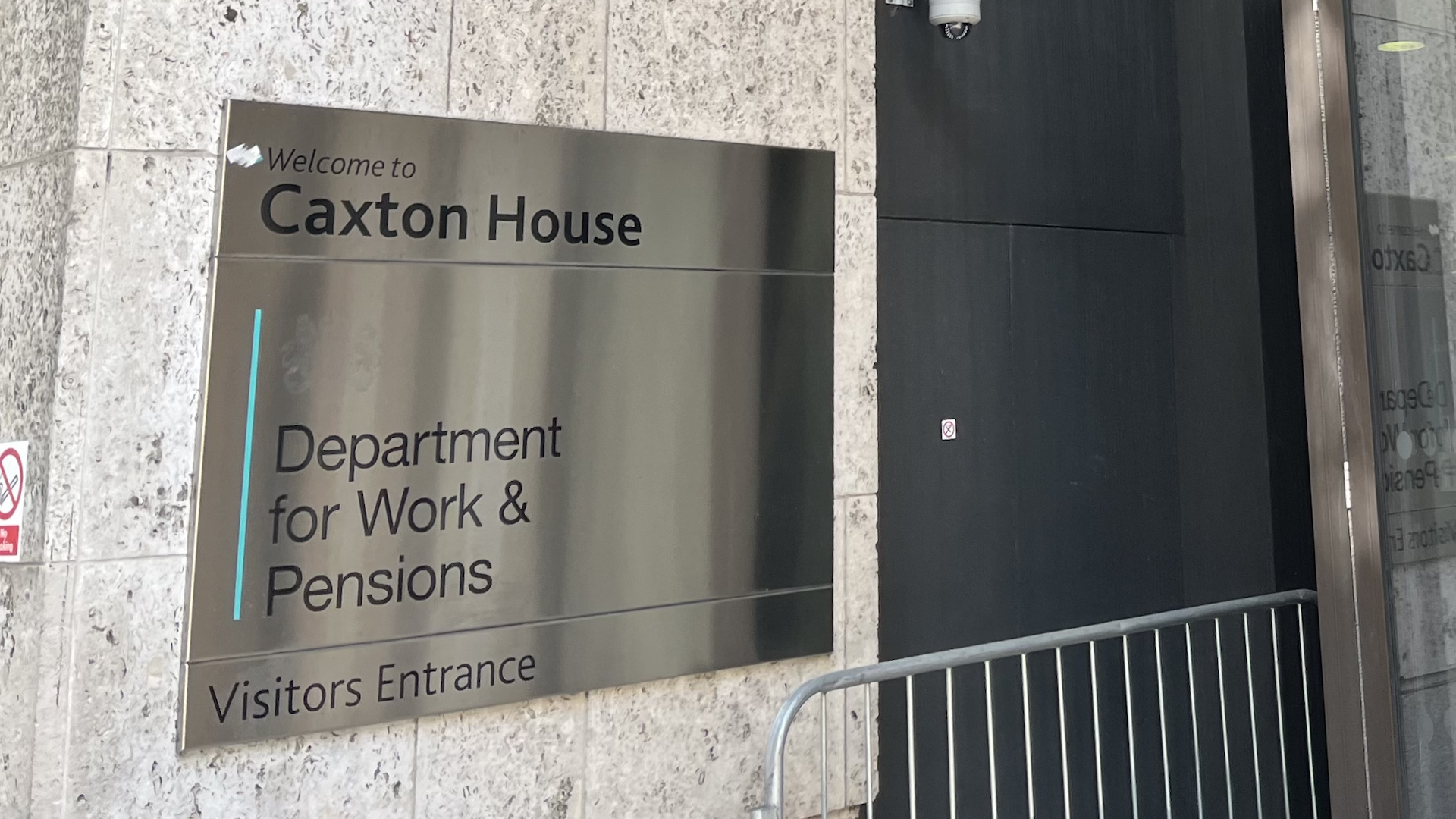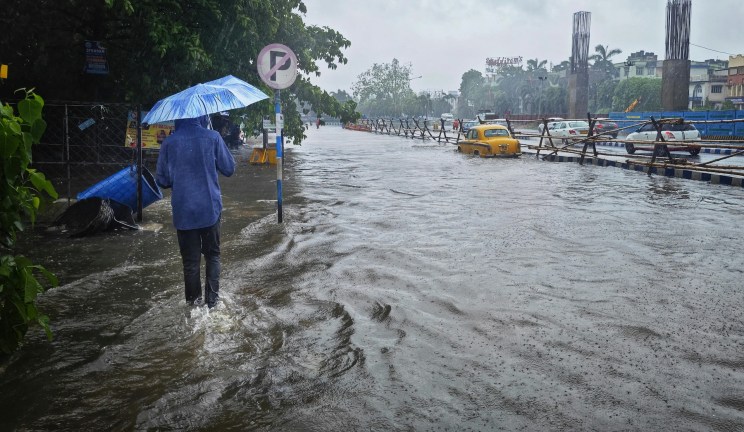Our research has shown that the introduction from 2013 of universal credit – a welfare reform to replace six older benefits with a single, online-managed monthly payment that is adjusted when a claimant’s income changes – has coincided with a proliferation of food assistance initiatives. These include government schemes like Healthy Start, charities like food banks and food shares, and council strategies like breakfast clubs.
Our findings highlight how technology-driven welfare systems influence access to food, offering insights into both their potential benefits and the challenges they create for vulnerable populations.
Observations and analyses emerging from our data and from other academics, international observers, and independent organisations have begun to reveal how the technological shift can contribute to policies that penalise claimants before verifying their needs. This can affect their ability to afford food and other basics.
At the heart of these emerging findings lies a disturbing pattern that has been aptly labelled a “hurt first, fix later” approach.
Rather than ensuring that vulnerable claimants are supported from the start, the system appears to be designed to identify potential fraud or irregularities before releasing full payments. This puts the onus on claimants – already struggling with rising food insecurity, housing costs, and health issues – to prove that they deserve the assistance they receive.
Under this model, people can find themselves cut off or sanctioned before anyone takes a closer, more sympathetic look at the complexities of their situation.
As the DWP admitted, human oversight to correct these algorithmic judgements is crucial, and it says the final decision on payments will still be made by a human.
But a critical problem is that the DWP is grappling with severe understaffing, a problem widely documented over the past year. Civil servants within the department have described “unbearable workloads” and “all-time low staffing levels” that unions warn are contributing to a “mental ill-health epidemic” among DWP employees.
With too few staff available to handle claims promptly and fairly, the “fix later” part of the equation becomes increasingly unfeasible.
For claimants, many in or on the verge of destitution, the results can be devastating. In early 2024, 15% of UK households were experiencing hunger, including one in five with children.
Foodbank charity the Trussell Trust has recorded a 900% increase in emergency food parcel distributions since the early 2010s, and many people reliant on universal credit have found that even recent inflation-linked payment increases are cancelled out by the end of cost-of-living supplements.
With basic needs unmet, waiting weeks or months for a human review to correct an AI-driven “error” is not simply an inconvenience – it can mean missing rent or going hungry.
Digital-first approach
Those disproportionately affected by these automated judgements are often some of the same groups facing the greatest barriers to navigating digital systems: people with disabilities, the elderly, ethnic minorities and non-native English speakers.
Many lack access to stable internet or the digital literacy required to complete forms and upload documents. If algorithms already exhibit biases against these groups, and staff are too stretched to intervene, the result is compounded harm.
Automation’s promise of efficiency increasingly rings hollow. Algorithms often misinterpret complex circumstances, such as caregiving responsibilities or fluctuating work hours, as irregularities. Overburdened caseworkers may struggle to intervene effectively, leaving errors and injustices unaddressed.
Official reviews and independent assessments have repeatedly challenged the notion that digitisation alone would resolve systemic problems. For example, the National Audit Office’s 2018 report raised serious doubts about whether the new system was delivering on its promises, while the House of Commons public accounts committee has warned that implementation struggles with universal credit have damaged claimants’ wellbeing.
Frontline evidence gathered by advocacy organisations Disability Rights UK and Inclusion London aligns with these doubts.
The Trussell Trust found that 68% of working households relying on universal credit have gone without essentials in 2024. And 48% of claimants ran out of food without the means to buy more, underscoring the system’s inability to meet basic needs.
To address these concerns, experts and organisations have argued that the government must recognise that advanced analytics and automated assessments cannot replace human discernment – particularly when decisions affect basic needs like housing, heating and food security.
Unless policymakers recognise this, the UK risks entrenching a welfare system that punishes before it understands. Digital “efficiency” is coming at the cost of fairness and trust – and will exacerbate insecurity around food and the other basic needs that the welfare system is intended to address.
Iris Lim is a postdoctoral researcher at the Department of Anthropology and Sociology, SOAS, University of London. This article is republished from The Conversation under a Creative Commons license. Read the original article.
Do you have a story to tell or opinions to share about this? Get in touch and tell us more. This Christmas, you can make a lasting change on a vendor’s life. Buy a magazine from your local vendor in the street every week. If you can’t reach them, buy a Vendor Support Kit.









